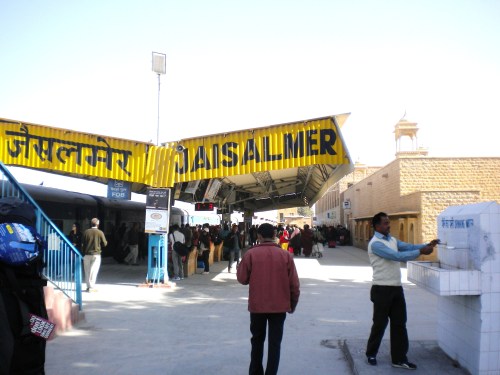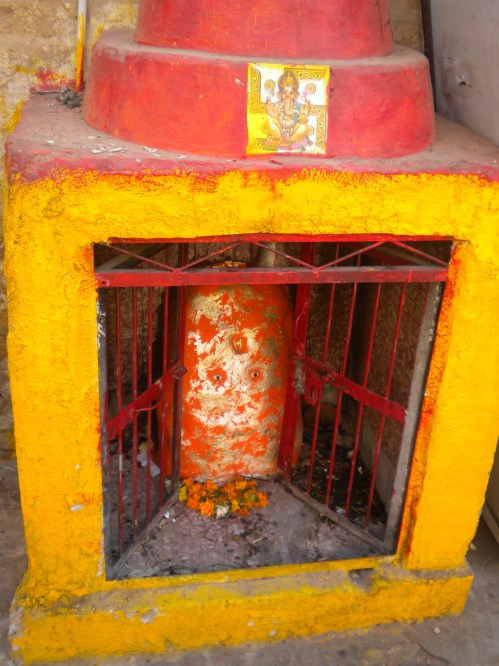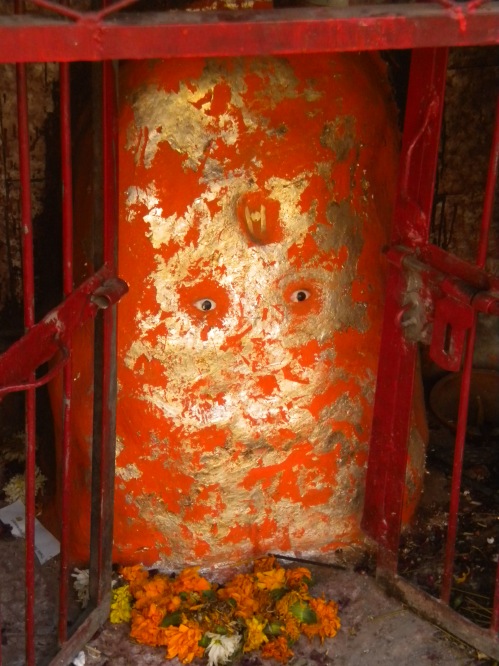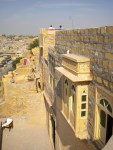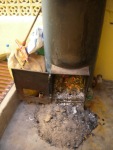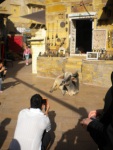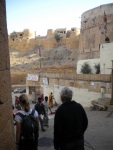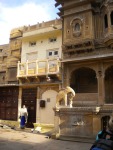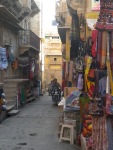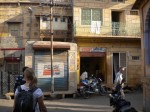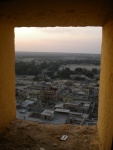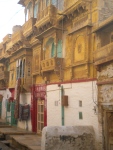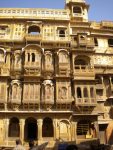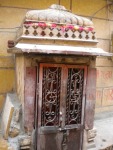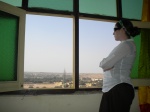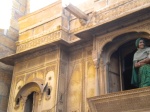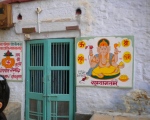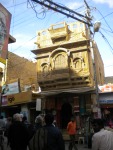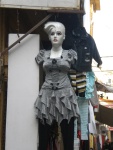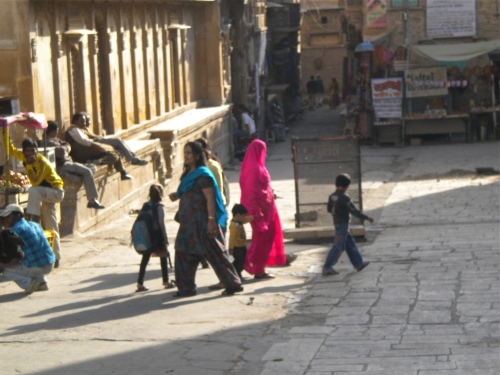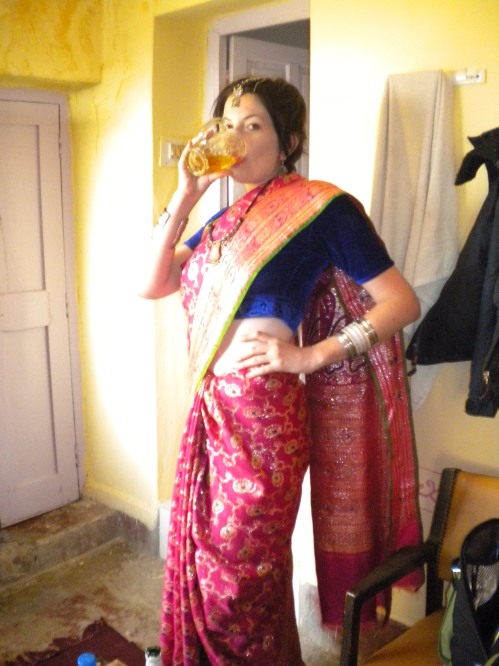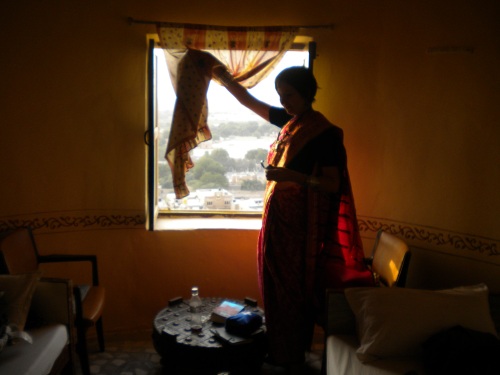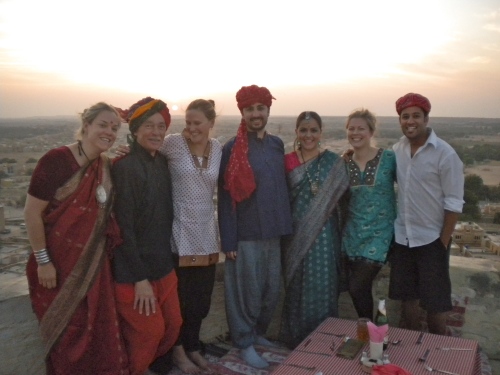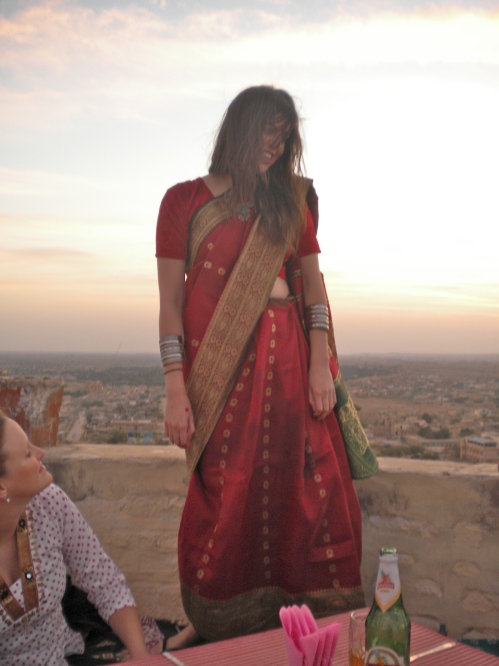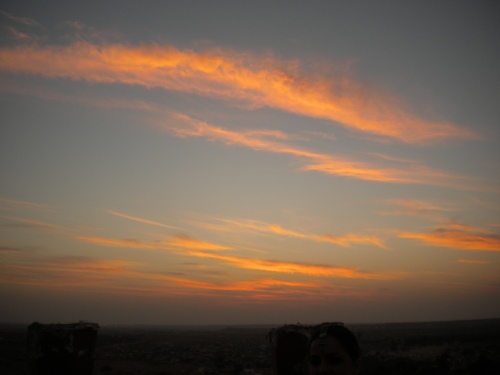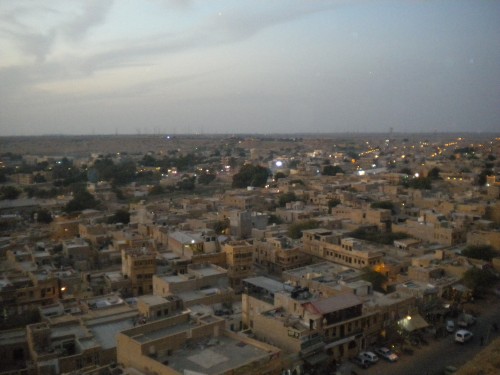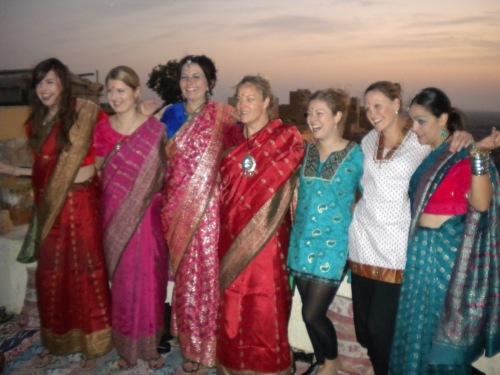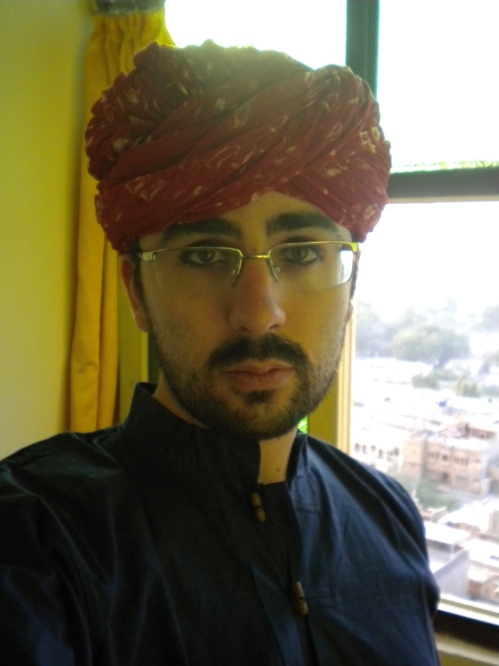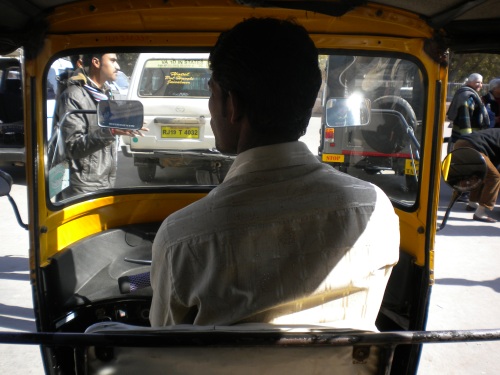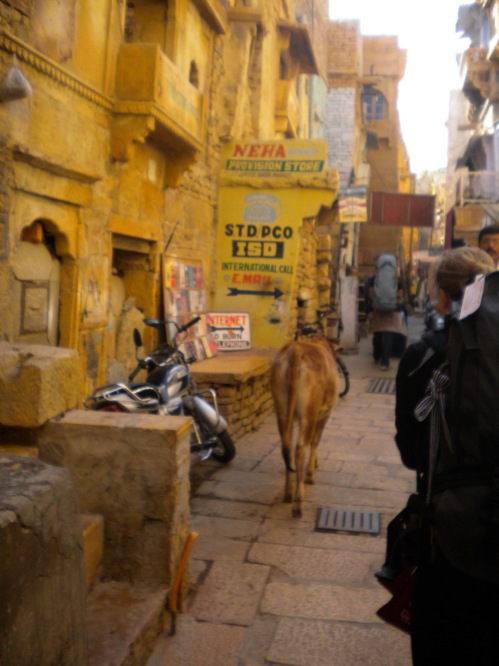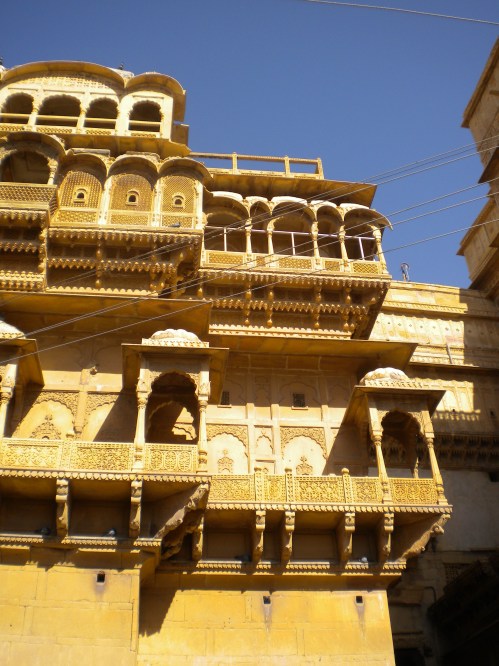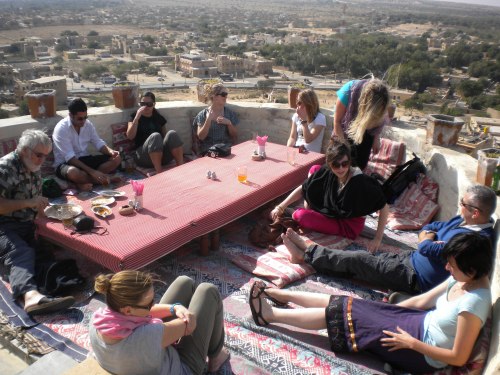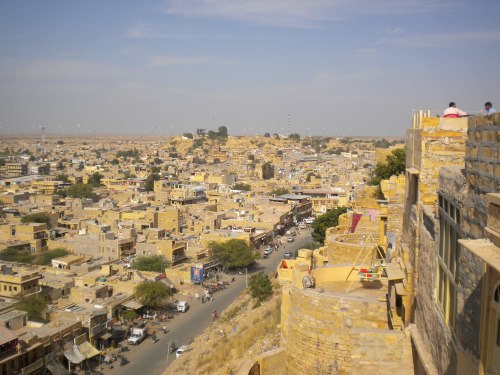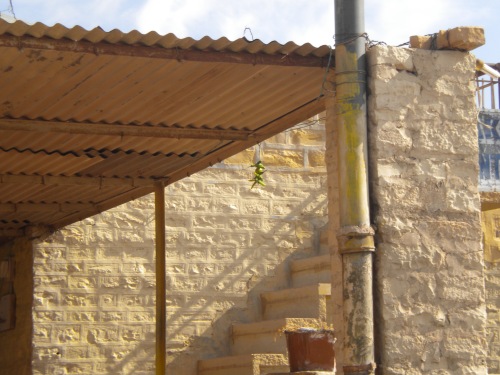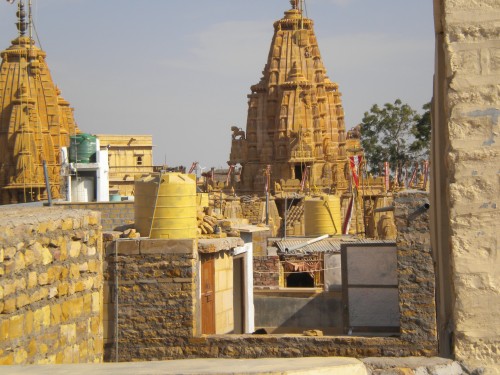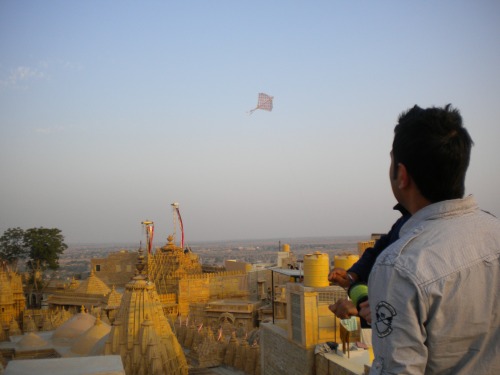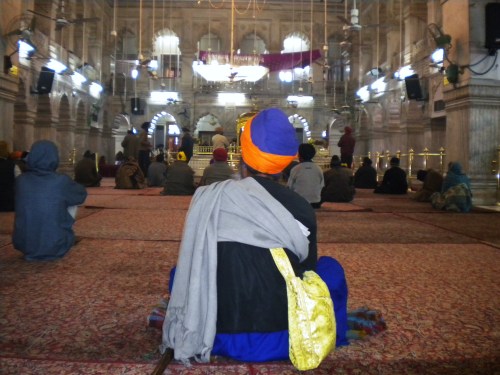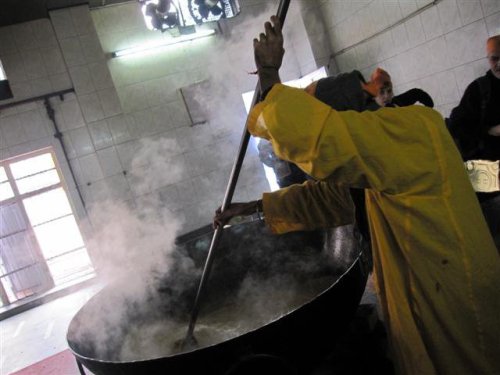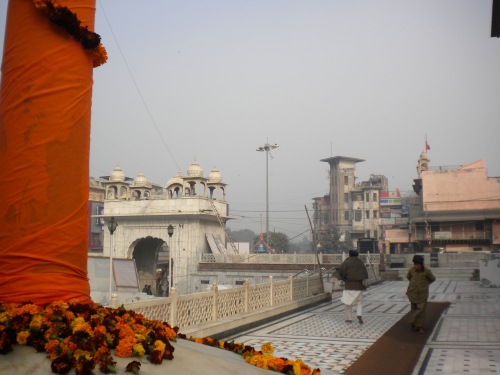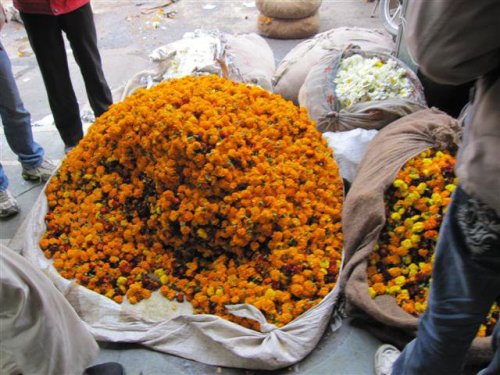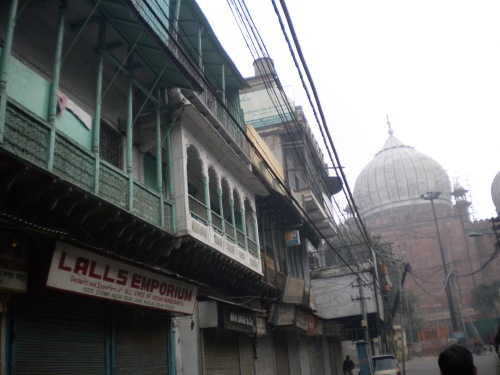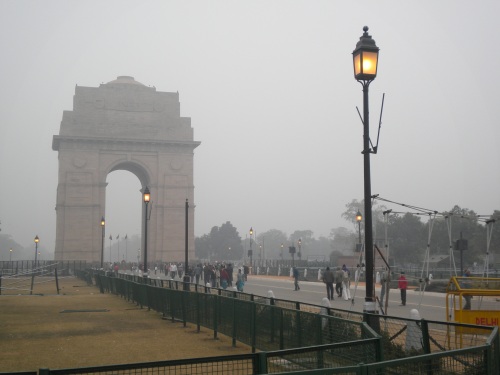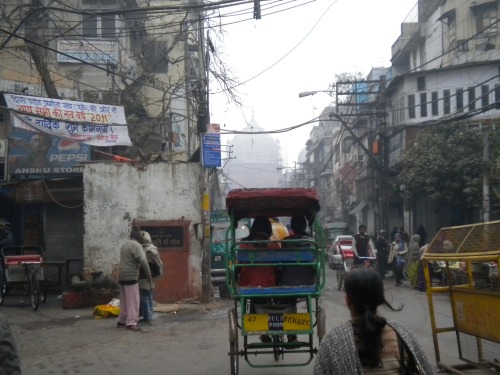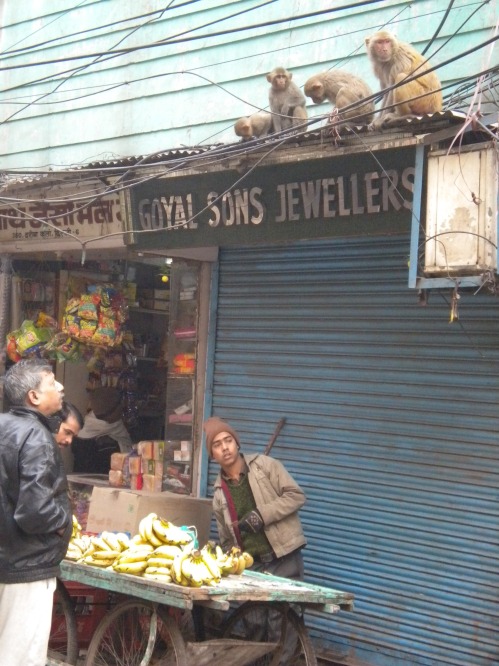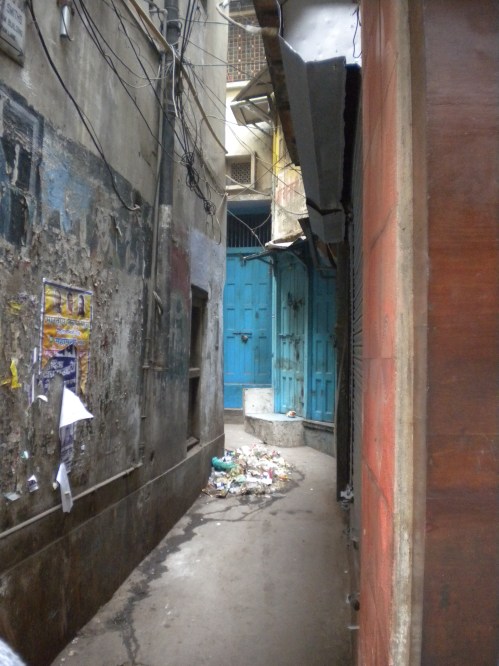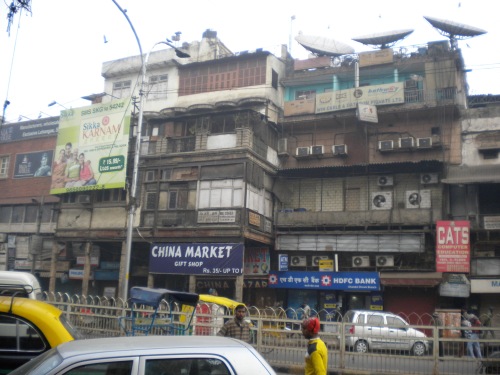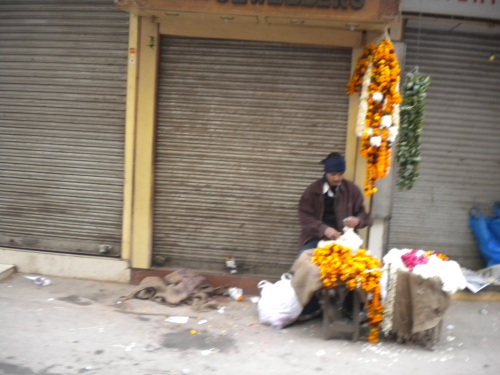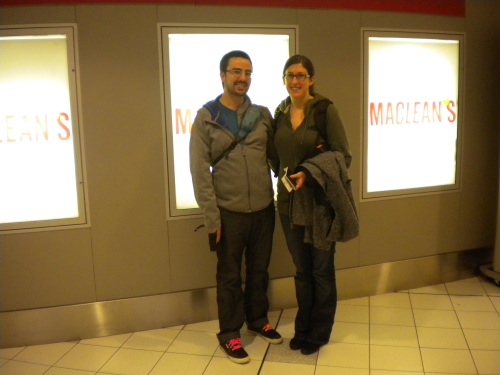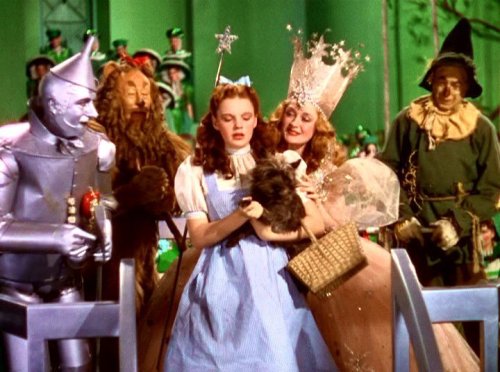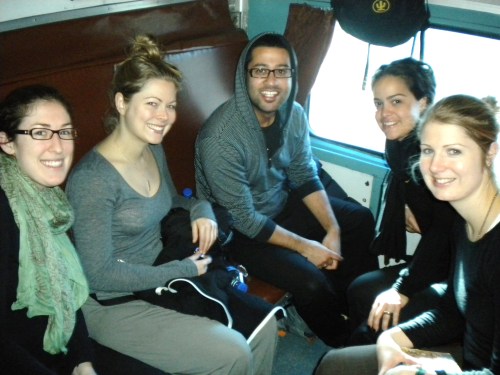
“Oh, dude, you have no idea! They’ll be just a hole in the floor and you’ll have to squat over it. And there’s nothing to hold onto, and everything is dirty, but the train’s moving, so you want to hold the wall so you don’t fall down. But there’s shit everywhere, so you don’t know what to do! You brought your own TP, right? Get ready.”
This was Ankit, one of the Kiwis on our tour, describing the washrooms on Indian trains. He had been born in India, but moved to New Zealand soon after. He had visited his parents’ country many times and spoke Hindi, which proved useful when we needed someone to yell at queue-cutters and order spicy dishes for us (waiters did not trust the taste buds of white people). Ankit was on the tour because he wanted to show his girlfriend Danny the country from which he came. They became our closest friends despite the fact that, due to their accents, I thought her name was “Denny” (which is still how I pronounce it).
I’m not a germaphobe. I am pretty relaxed about those things, and did not reach for my hand sanitizer as much as some of the others. But I do not like the smell of excrement, and the idea of squatting in some foul bathroom on a moving train with my arms stretched out in a make-shift yoga position (the Indians did invent it, didn’t they?) did not fill my heart with joy.
The grimy train station in New Delhi didn’t do much to alleviate my fears. After we threw our backpacks in a heap and formed a protective circle around them (a maneuver we would refine at train station after train station) we took in the sights and sounds around us. Third-class commuter trains clanked pass in which men stood shoulder to shoulder (we called them ‘cattle-cars’). Rats scurried along the tracks. The toilets on Indian trains are just holes that release their contents out onto the tracks below and, probably because of balancing issues, many passengers wait until they are at the station before using them. So I should have said “sights and sounds and smells”.
You may think of yourself as a hardcore backpacker, a Mountain Equipment Co-op adventurer, who thrives on overnight trains, cold showers (or none at all) and sporadic street-food meals of mysterious contents. But after only a little while, the romance begins to evaporate and all you want is a warm bath and your pillow from home. You forget that the inconveniences of travel are why you bought your plane ticket, that ‘the journey’ is the oldest story of humankind. Very few tales are about being comfortable and safe.
Still, after two foggy days in Delhi, we were all ready for a bit of sun and a bit of pampering. I just wanted to get on the train, find our seats and shut out the world for awhile.
I should thank Ankit for freaking us out. He set the bar so low that our train once it arrive could only be a pleasant surprise. Der and I were sharing a compartment with him and Danny and two other of our girls. The standard Indian overnight train has a large compartment on one side, with six bunks that pull down, and a thin, vertical one across the corridor which has two bunk beds. It was not so different from a European train. We even had a curtain that pulled across to give us privacy from the aisle.
But where the lowered expectations really paid off was the bathrooms. There were two: a “western” one (ie. with a toilet) and an Indian-style one (ie. a hole in the ground). The water in the sinks ran and there was no shit all over the walls. I didn’t have to squat over a squatter for the entire five weeks we were in India.
Before the train left, Ankit found himself some travel food. One would assume travel food would be solid substances which create the least mess possible. Not in India. Whatever it was Ankit bought, it was a plastic container with a variety of liquidy sauces which you dipped paratha in. This had the potential of creating the most mess possible.
That train ride was also our fist encounter with the ‘chai guys’, the young men who walk up and down the aisles chanting a rhythmic “Chai, chai, chai, chai!” There are regional variations of the refrain. Some do it very fast, a rat-a-tat-tat- “CHAI-CHAI-CHAI-CHAI!” Others let out a solitary, lonely “Chai…!” Chai, both on trains and off, and it is available everywhere, is always served very hot and milky and sweet, and wee little shot-glass are five rupees (about 17 cents). I can not overstate how comforting a little cup can be.
The men sometimes sell snacks and, even though they announce them in English, the calls have become so monotonous and melodic, you still have to decipher them. Tomato soup (which is poured from the same giant canteens they use for chai) becomes “TO-MAAAAAA-to-sup!” Danny had us in stitches with her impression, rounding out every accented syllable, of “veg-get-ta-ble cut-let”. We never learned what a ‘vegetable cutlet’ actually was, but for the rest of the trip, when a conversation had died down and everyone was quiet, someone would whisper, “Veg-get-ta-ble cut-let.”
As you can see, rather than something that had to be lived through, that night train turned out to be really enjoyable. Not since undergrad had I experienced a night in which everyone had so much to share. When we were setting up our beds and sleeping bags we could barely stop talking, like kids during a sleep over, too excited to quiet down.
There was an incident in the night, when we had finally started to drift off, when an Indian man just threw open the curtains and claimed that we were in his seats. After several increasingly annoyed exchanges with Angit in Hindi, he left.
“What did you say?” I asked.
“I told him he was wrong and to fuck off,” Angit laughed.
“That’s all?” From that point onward, when Ankit would speak to locals in Hindi, whether it be asking directions or placing an order with a head-wabbling waiter, I would marvel at how many sentences it took to get across a simple message.
After that, as we finally stopped talking, as we got comfortable on our hard little bunks and got used to the rocking of the train, I fell asleep. I got a better night’s rest than I did either night in Delhi.
We woke up in the desert.
